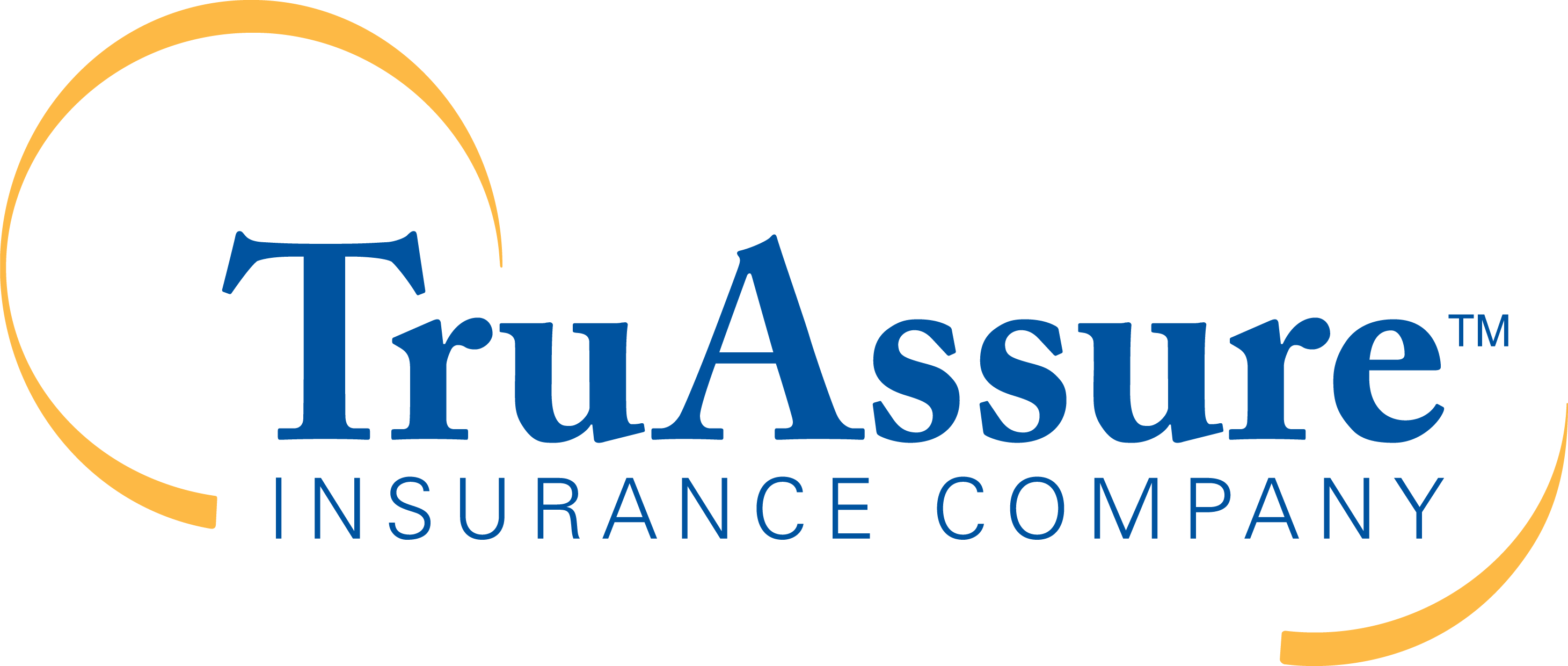X-rays, Cleanings and Exams

Along with brushing twice and flossing once daily, you can help protect your oral health by visiting your dentist regularly. The American Dental Association recommends regular dental exams to help maintain optimal oral health. Good oral health contributes to your overall health and well-being.
If you haven’t visited the dentist in a while, you may want to brush up on what happens during a routine dental checkup. Here is what to expect the next time you find yourself in a dental chair – hopefully, soon!
X-rays
Your dentist may decide to take a series of X-rays to see more detail of your mouth. X-rays can help your dentist spot decay and other dental issues. While radiation exposure from dental X-rays is low, they are not typically necessary at every visit.
Cleaning and Polishing
During a dental exam, a dentist or dental hygienist will begin by cleaning and polishing your teeth using a special instrument to scrape and remove tartar from the teeth. After cleaning, a rotating brush is used to remove any remaining plaque and stains on the teeth.
Examination
Your dentist will thoroughly examine your mouth, including your teeth, gums and tongue, to look for signs of dental issues, like cavities, gum disease and oral cancer. Your dentist will use an explorer tool to determine the existence of cavities, use a mouth mirror to get a better view of the sides and back of your teeth and they may measure the space between your teeth and gums with a special probe. Your dentist may perform an oral cancer exam by checking the sides of your tongue and the roof and floor of your mouth to look for any sign of disease. Your dentist can also detect signs and symptoms of more than 120 diseases during a regular dental exam, including diabetes and heart disease.
After the dental exam, your dentist (or hygienist) will discuss your oral health with you, along with preventive measures you can take to improve and protect your oral health. If your dentist spots an oral health issue, he or she may recommend further treatment or even refer you to a specialist.
Feel free to ask your dentist or hygienist any questions and be sure to tell them about any health conditions, medications you’re taking or issues you have with your teeth, gums or mouth.
Your dentist will recommend when to come back for your next visit. If you have a higher risk for tooth decay or gum disease or another oral health problem, your dentist may recommend more frequent checkups.


Add comment